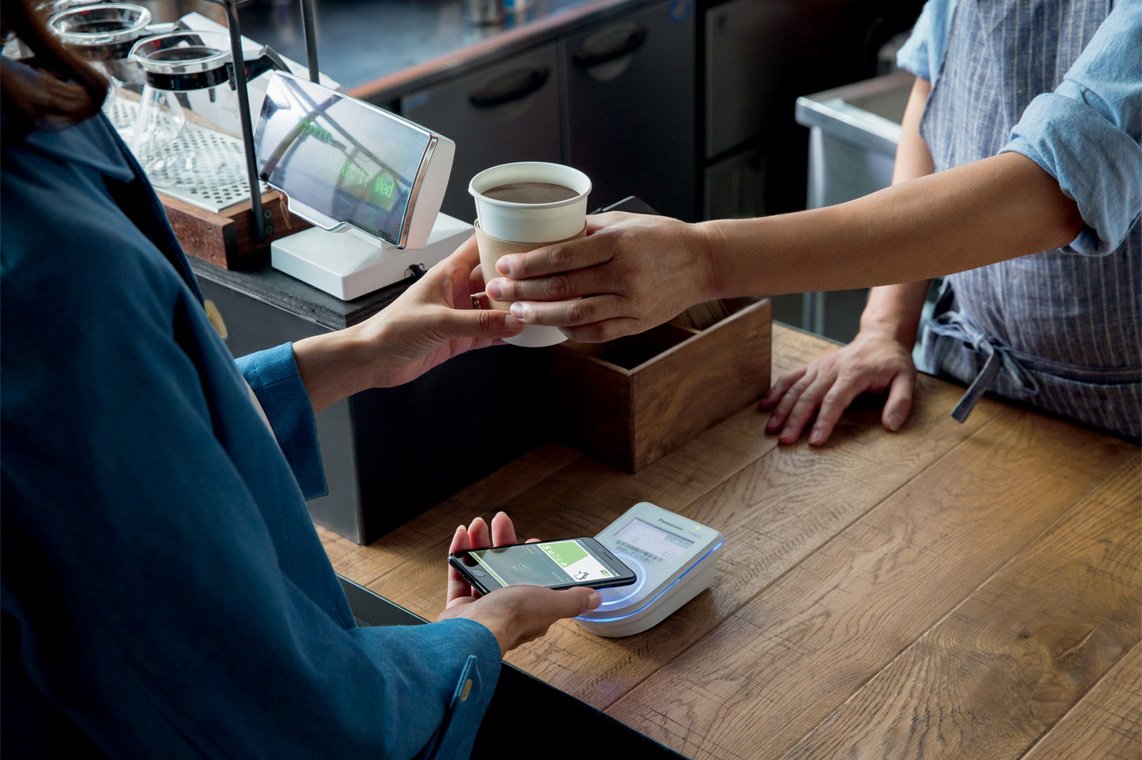The EU goes after Apple for stopping companies from using iPhone's NFC tech to the advantage of Apple Pay

What you need to know
- Apple faces more antitrust concerns, this time over its Apple Pay feature.
- The European Commission has concerns about Apple's refusal to allow other apps and services to use its NFC tech for payments.
- A new report argues that Apple Pay benefits as a result of there being no competition.
Apple has been hit with the potential for more EU-related problems after it was served with official objections to the way that it locks other apps and services out of the iPhone's NFC technology. That move gives Apple Pay an unfair advantage, it's said.
In a new antitrust situation that Apple could do without, the European Commission has sent a Statement of Objections to the company that outlines concerns over the way iPhone NFC technology is limited to Apple Pay use.
The European Commission has informed Apple of its preliminary view that it abused its dominant position in markets for mobile wallets on iOS devices. By limiting access to a standard technology used for contactless payments with mobile devices in stores ('Near-Field Communication (NFC)' or 'tap and go'), Apple restricts competition in the mobile wallets market on iOS.
The commission goes on to say that Apple prevents mobile wallets from other companies from accessing NFC technology "to the benefit of its own solution, Apple Pay."
European Commission Executive Vice-President Margrethe Vestager was quoted as saying that its concern surrounds the fact that some developers have avoided creating their own wallets because they wouldn't be viable due to their inability to function on Apple devices.
Developing a mobile payment application is costly. Investment may only be worth it if developers can reach both Apple and Android customers. Evidence on our file indicates that some developers did not go ahead with their plans as they were not able to to reach iPhone users. This behaviour stifled innovation and prevented competition in the mobile wallet market. As a result, European consumers have little choice of mobile payment solutions when paying in shops.
Apple can now respond to the comments put forward by Vestager and the European Commission — and it's unlikely to agree with anything that's been said by either of them.
Apple Pay is one of the best iPhone features that many people take for granted. Would a large portion of people use alternative wallets if they were available? That's a question that's impossible to answer, but the fact Apple blocks it at all is the main bone of contention here — regardless of whether Apple Pay would remain the dominant force for mobile payments on Apple devices.
iMore offers spot-on advice and guidance from our team of experts, with decades of Apple device experience to lean on. Learn more with iMore!

Oliver Haslam has written about Apple and the wider technology business for more than a decade with bylines on How-To Geek, PC Mag, iDownloadBlog, and many more. He has also been published in print for Macworld, including cover stories. At iMore, Oliver is involved in daily news coverage and, not being short of opinions, has been known to 'explain' those thoughts in more detail, too.
Having grown up using PCs and spending far too much money on graphics card and flashy RAM, Oliver switched to the Mac with a G5 iMac and hasn't looked back. Since then he's seen the growth of the smartphone world, backed by iPhone, and new product categories come and go. Current expertise includes iOS, macOS, streaming services, and pretty much anything that has a battery or plugs into a wall. Oliver also covers mobile gaming for iMore, with Apple Arcade a particular focus. He's been gaming since the Atari 2600 days and still struggles to comprehend the fact he can play console quality titles on his pocket computer.
